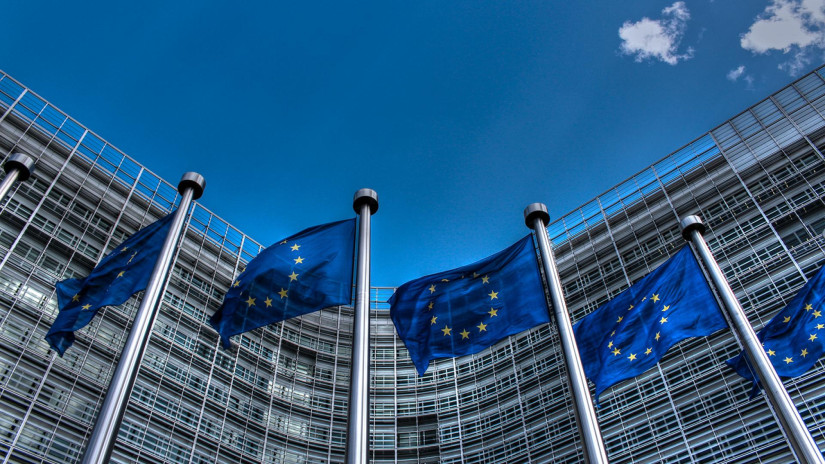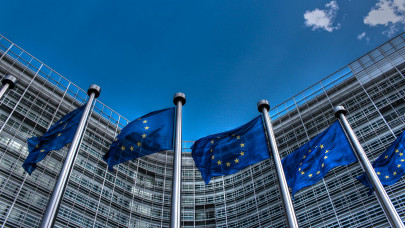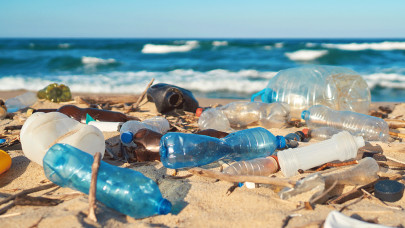Among other things, it sets packaging recycling targets: by 2025, EU countries will need to recycle 65% of their packaging waste, rising to 70% in 2030.
The European Green Deal and the Zero Pollution Action Plan set a zero-pollution ambition for the EU. Full implementation of the standards in EU legislation is important to protect human health and safeguard the natural environment. In addition, the correct application of EU legislation on waste will help make sure that economically valuable waste materials are progressively and effectively recovered through proper waste management.
Member States were required to transpose Directive (EU) 2018/852 into national law by 5 July 2020.
Croatia did not communicate the complete transposition of all relevant provisions of this Directive into its national legislation, nor did it provide sufficiently clear and precise information on measures by which the Member State considers that it has fulfilled the various obligations imposed on it by said Directive. For these reasons, the Commission has decided to refer Croatia to the Court of Justice of the European Union. Since the case concerns the failure to communicate transposition measures of a directive, the Commission will ask the Court of Justice of the European Union to impose financial sanctions on Croatia, as per Article 260(3).
The Commission sent a letter of formal notice to Croatia in October 2020, followed by a reasoned opinion in June 2021. Croatia replied in July 2021, informing the Commission that the Directive would be transposed by the Waste Management Act and legislative measures (‘Pravilnik') for packaging and packaging waste. While the Waste Management Act entered into force on 31 July 2021, the necessary legislative measures implementing this Act, which were supposed to be adopted six months after that date, had not been adopted or notified to the Commission.












